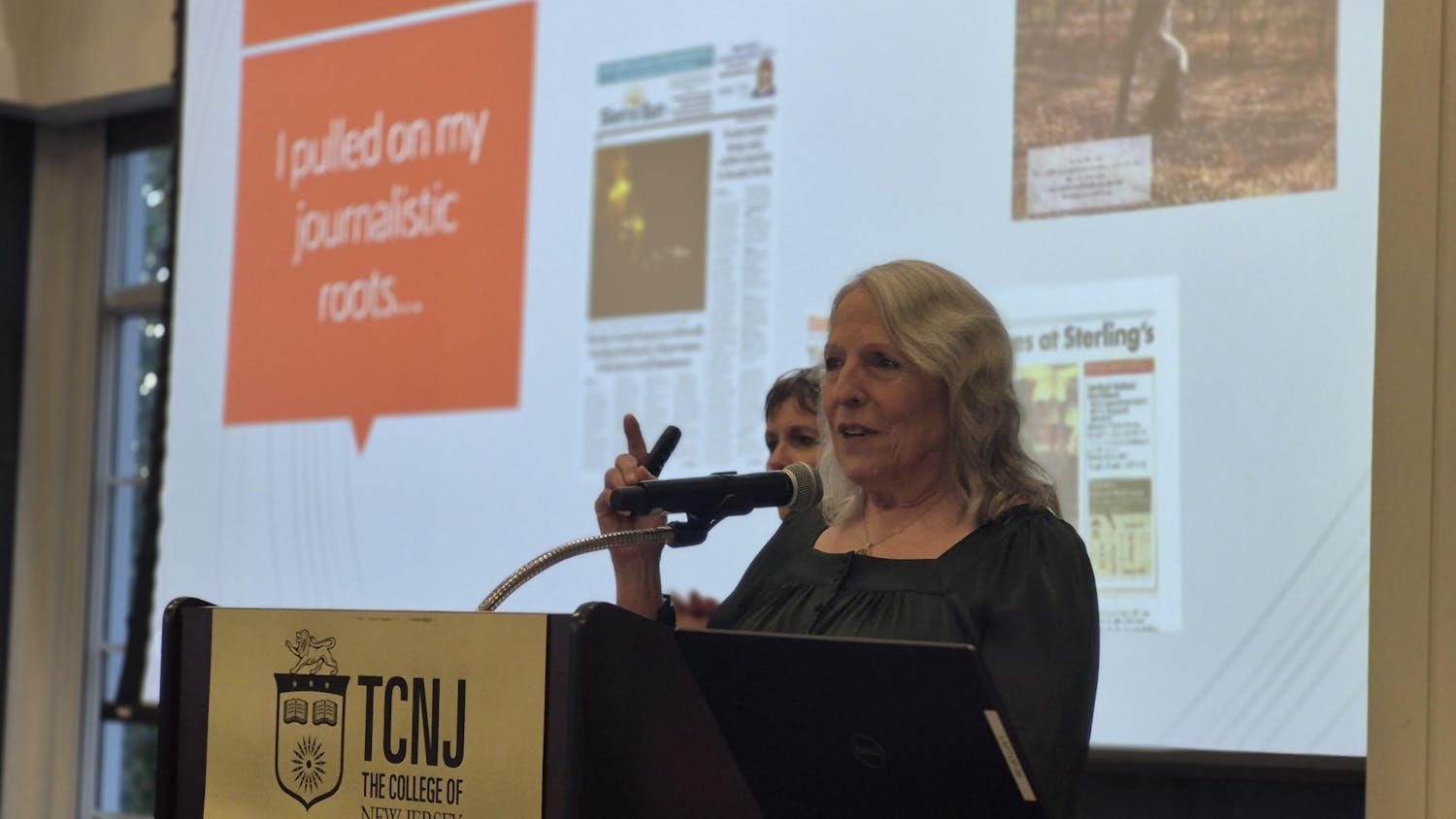The College’s Gamma Chapter of the Latin fraternity Lambda Theta Phi hosted Hispanic College Day on Wednesday, Oct. 23, providing information sessions and campus tours to local high school seniors and discussing achieving goals with them.
Hispanic College Day was created and initiated at the College in 1980 by co-founder of the Gamma chapter of Lambda Theta Phi, Jose Maldonado. Since the founding, Lambda Theta Phi’s 94 chapters nationwide have adapted their own version of Hispanic College Day.
Barry Vasquez, ’90 Lambda Theta Pi alumnus, commented on the goals of Hispanic College Day, and said, “(It’s important) to let them see something greater than themselves (and) to give opportunities to urban communities.”
Alumni enjoy coming back to the College for Hispanic College Day, Vasquez said, because it has become such an important event.
The agenda of Hispanic College Day involved four workshops: “Goal Setting,” “The Keys to College Knowledge,” “The College Application Process” and “Student Leaders Panel.”
The workshop “Goal Settings” was hosted by Leadership Development Program leaders Laura Alshamie, junior sociology and women’s and gender studies double major, and Matthew Rusay, senior statistics major. Rusay and Alshamie began the course by involving the students in a simple exercise. Students were asked to point somewhere and reach as far as they could. The students repeated this exercise, reaching farther back each time. The LDP leaders explained that with a goal, you can accomplish more than you thought you could.
LDP leaders inquired about the goals of the student group. One student spoke of short-term goals, such as gradating high school, and long-term goals of graduating medical school and creating a better life for himself.
“College is a return on investment,” Rusay said, commenting on the expense of college. “It helps you a lot going forward.” Rusay also said that according to researched statistics, college graduates tend to earn 50 percent more in their career than a non-college graduate.
The two LDP leaders continued with two activities. The first, having the students write a small feature article about when they have achieved all of their goals, was to prove how motivating goals can be when physically written down on paper. The second was asking the students what they would do if they won $21 million in the lottery. Instead of buying Ferraris and mansions, students spoke of install payments and creating charitable foundations. The LDP leaders noted that the students were “bright.”
Rusay ended the session quoting NHL player Wayne Gretzky. “You miss 100 percent of the shots you don’t take,” he said.
The Student Leaders Panel consisted of three Lambda Theta Phi members: Arturo Morillo, sophomore chemistry major and president of the College’s Gamma chapter of Lambda Theta Phi; Angel Lugo, junior biology and psychology double major; Seiichi Villalona, senior biology and cultural anthropology double major, and two fraternity alumni, Reinario Reyes, ’12, and Barry Vasquez, ’90.
“Our goal is to show underrepresented and underprivileged communities,” Lugo said.
Students were able to ask various college-related questions from pre-med requisites, to the details of the EOF (Educational Opportunity Fund) program, to jobs on campus. A topic that often surfaced was on-campus jobs. Though the fraternity brothers depicted various jobs on campus, Villalona reminded the students that “college is a full-time job.”
“(You) want to do something that you’re really interested in,” Morillo said. “Something you really want.” Liking your classes will make the classes easier, Morillo said.
Lambda Theta Phi brothers also offered advice to the high school students about getting involved on campus and enhancing résumés.
“There are so many different clubs and organizations that helped me grow into a person,” Reyes said. “I became a leader in things. Now I can speak in front of people.” Reyes and the other fraternity brothers elaborated on the many career-oriented programs the College has to offer.
“Our message is to try to help the students want to achieve higher education,” Morillo said. “We explain to them why they should go to college — to better themselves.”






